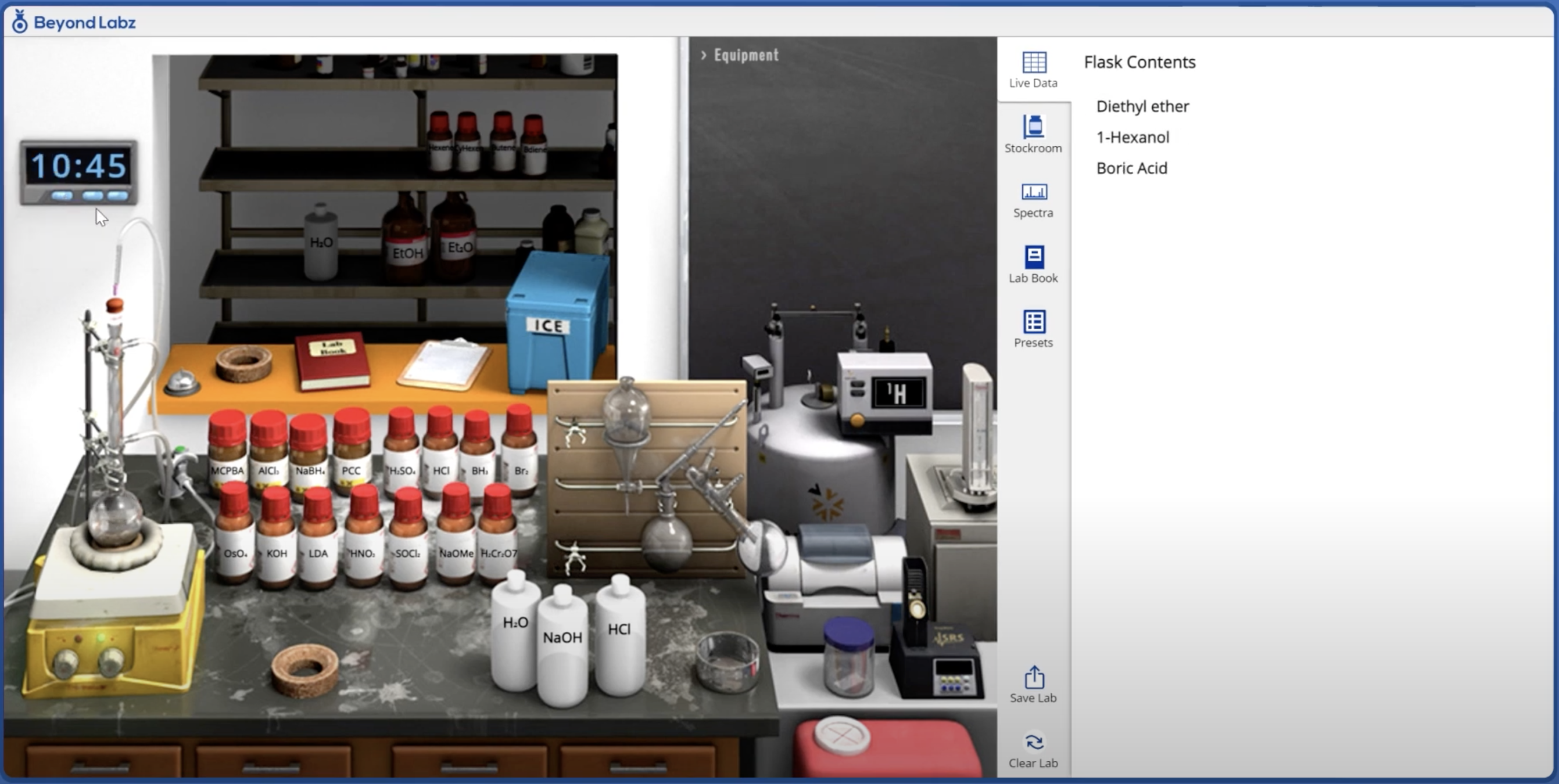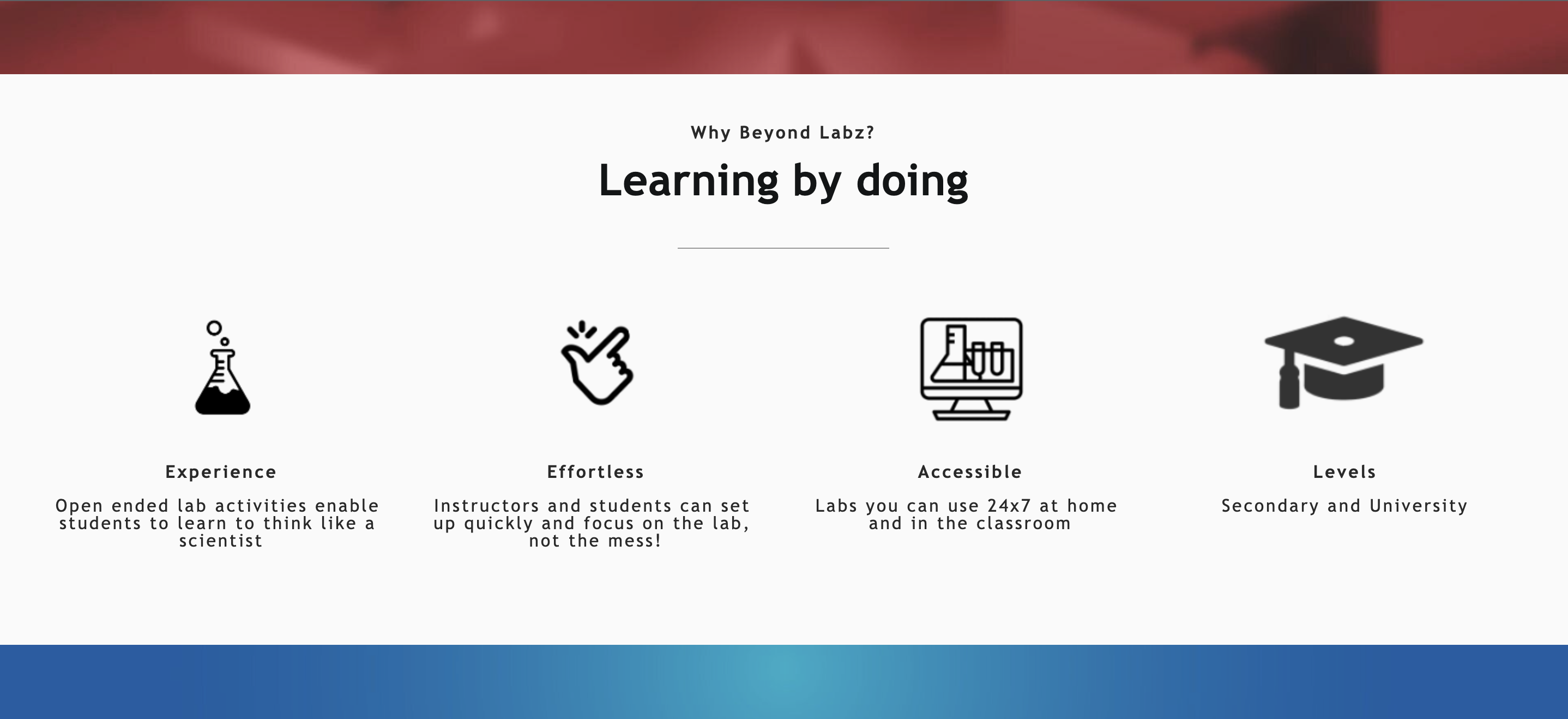8 Beyond Labz Science Virtual Labs
Elena Chudaeva
Facts about Beyond Labz:
- It is a digital simulation platform built upon actual experimental data and the most advanced models available.
- Each lab supports hundreds of experiments.
- Instructors can develop their own activities.
- Beyond Labz is a paid vendor.
“We believe students should learn science by doing science.”
— Beyond Labz
Watch Beyond Labz Youtube channel.

There are many advantages of using Beyond Labz. First of all, Beyond Labz has hundreds of preset lab activities. Secondly, it also provides the ability for instructors to create their own lab activities as you would do in a real wet lab. For example, with various lab equipment in front of you, there are millions of possibilities. It is also easy to meet the needs of your students and accommodate different levels of knowledge, skills, and interests. Beyond Labz is different in this sense from Labster. Labster has pre-designed activities with built-in questions and additional resources. It is worth exploring different online science simulations to see which resources meet one’s teaching and learning needs. The best resources depend on the context.
Accessibility and Beyond Labz
This is a paid vendor, so we recommend making a request and reviewing the vendor’s accessibility document before adopting the product. Each platform should have, at a minimum, a Voluntary Product Accessibility Template (VPAT) that describes the product accessibility support.
Note: If you are unfamiliar with how to interpret accessibility documentation, seek guidance from accessibility experts on your campus.
SAMPLE ACTIVITY
Cesium in Oil and Water Experiment
What to do:
- Go to “Density” lab.
- Click on the clipboard in the top right corner of the screen.
- Open preset list.
- Then choose “Cesium in Oil and Water” and click on it. All the equipment will be set up.
Purpose: To explore what happens when you drop cesium metal in oil and water.
Materials: Two graduated cylinders; olive oil, water, two cesium balls; timer; lab book.
Procedures:
- Drop the ball in the 1st cylinder. Write down the time it takes to reach the bottom.
- Drop the ball in the 2nd cylinder. Write down what happens.
- Fill out the table below.
- Click “Exit” to leave the lab.
Data Recording
Fill out the missing information:

Analysis
What have you observed?
Conclusion
Summarize your observations and explain using physics terms.
Check this Fluid Virtual Lab Activity.
For more ideas watch:


